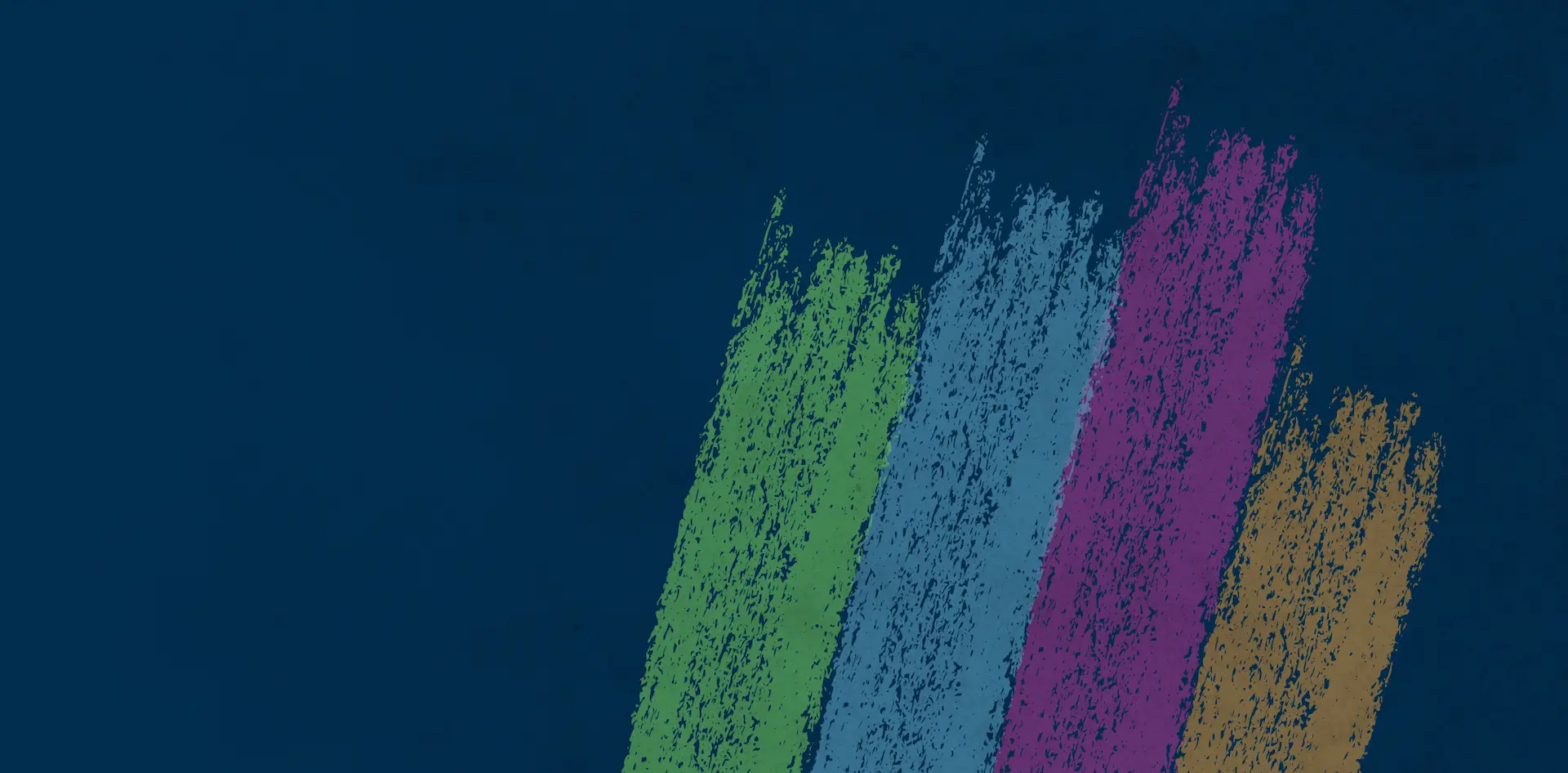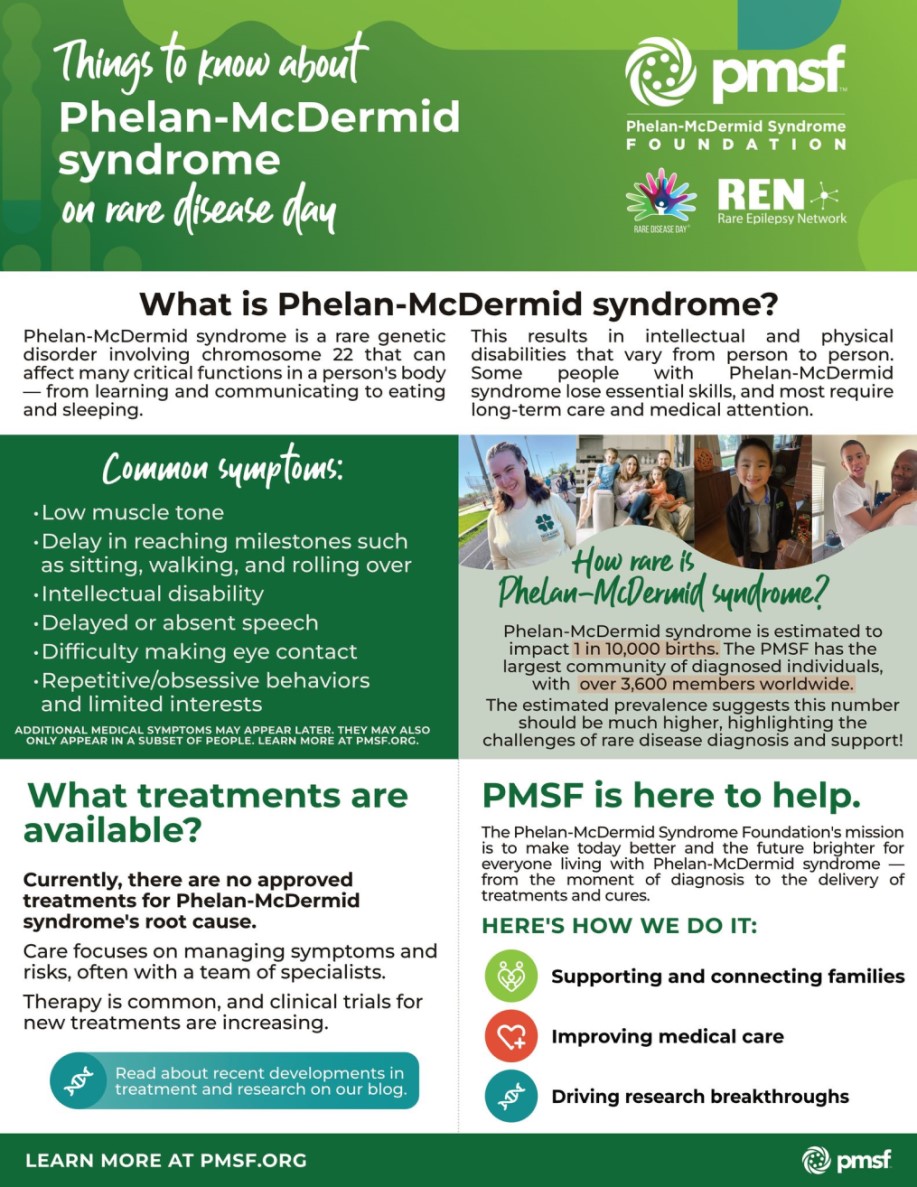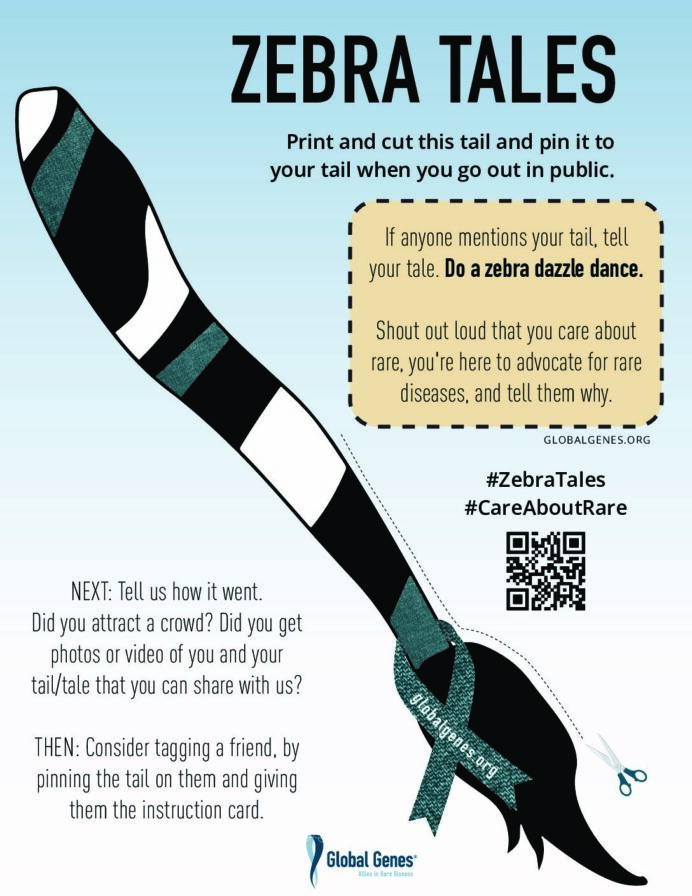
The Rare Moments
Every color tells a story, and we want to hear yours — the stories that offer fresh perspectives, inspire hope in the community, connect unexpected ideas, or simply resonate with you on a personal level.
For Rare Disease Day this February, you’ll find a curation of those stories here — The Rare Moments. Patients, families, researchers, and those dedicated to advancing rare disease treatments will be using this space to share their rare stories. From past experiences with lysosomal diseases to significant highlights of the 2025 Rare Disease Day, and even hopes for the future, you will find diverse and valuable insights that matter to our community and expand our understanding of what it means to live with and work with rare diseases.
Be sure to check back regularly throughout the month for the latest posts, and don’t forget to submit your colorful Rare Moments!
See what’s been shared
We live for the rare moments.
Thank you for sharing and reading this curation from our rare disease community!
Read our latest blog post to learn about the cell and gene therapy trends Trinity Life Sciences is watching for 2024!
In celebration of Rare Disease Day, I am excited to share our most recent draft class from the 2024 Young Investigator Draft! This year we highlighted the significant potential of research in this space when powered by the platform of sports—especially as we surpassed our $1 million in total funding granted. You can watch a recap of the event at the below link!
www.youtube.comWhen my daughter was diagnosed with WAGR syndrome, none of the doctors that were treating my daughter knew anything about WAGR. Since that time, I’ve dedicated my time and energy to advocate for my daughter, spreading awareness of WAGR throughout my local and the international communities.
Wagr.orgJim Geraghty said it best today at the 9th Annual Rare Disease Day Event at the Broad Institute. “It’s a marathon, not a sprint,” when it comes to rare disease research. Always a science-focused and inspiring event at the Broad!
The Phelan-McDermid Syndrome Foundation is excited to celebrate Rare Disease Day 2024! You can learn more about Phelan-McDermid Syndrome by reviewing our infographic and by visiting our website at pmsf.org.

PMSF.orgConnecting, Collaborating, Communicating, Challenges: Sharing experiences navigating family conversations in an n-of-1 investigational treatment setting. Learn more, below!
www.n1collaborative.orgHappening now through 25 Feb – VCP International Conference!! Check out the abstracts from the many researchers who are participating in this meeting. By bridging the gaps between various disciplines, from oncology to neurodegeneration, the Cure VCP conference will drive innovation and coordination in research, accelerating our progress to find a cure for valosin-containing protein (VCP) associate multisystem proteinopathy (MSP).
www.curevcp.orgWe are excited to share our Keto Care Project! Ketogenic diets are the current standard of care for Glut1 deficiency. Not all patients have access to ketogenic clinical or high-quality ketogenic diet support. The Keto Care Project aims to provide expert ketogenic dietician care to underserved patients and families. Would this be a useful service to your community?
www.g1dfoundation.orgThe Orphan Drug Act (ODA) of 1983 made the development of desperately needed new treatments for rare disease patient communities a possibility in ways it truly had not been before. Over the 40 years of the ODA, 6,340 orphan drug designations were granted, representing drug development for 1,079 rare diseases. Additionally, 882 of those designations resulted in at least one FDA approval for use in 392 rare diseases. While having an approved treatment option for 5% of rare disease communities is progress, we’ve seen time and again how partnering with patient communities increases efficiency. Let’s all do more of that!
Fall of 2015, I attended my first rare disease advocacy conference. It was Global Genes Patient Advocacy Summit. I was overwhelmed and amazed at how many people were advocating for rare diseases and how many different paths they took. Meeting Bo Bigelow there certainly shaped my path. Although we faced different diagnoses (USP7 for his daughter Tess and Menkes Syndrome for my son Lucas), we had so much in common. Eventually we co-founded The Disorder Channel to stream rare disease films on TV. We collaborated with Global Genes to screen some of these films. And three years ago, I joined the staff at Global Genes to lead an online support community, to encourage others to share their #ZebraTales, to teach them rare disease filmmaking, and to help plan that same conference that started it all for me.

globalgenes.org